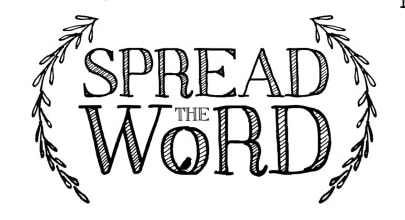Spread the WoRD, the fifth annual WRD student conference, was a huge success in part to a large number of presenters, their friends and family, and the support of WRD faculty and staff. This year’s conference was attended by approximately 80 people, double the number of guests who attended in 2012. Special thanks to graduate assistants and conference organizers: Amy Hubbard, Tasha Sookochoff, Hilary Conlisk, and Megan McCarthy.
“Opening the conference to undergraduates and including a keynote speaker substantially increased the turnout. We had more proposals than we could accept and we are excited about the conference’s potential for growth over the next few years.” – Amy Hubbard, MAWRD Graduate Assistant
Presentations were given by undergraduate and graduate WRD and NMS students, as well as students from interdisciplinary programs. Of the thirteen presentations, topics included the semiotics of American Apparel, human computer interaction, the rhetorical image of Che Guevara, English as a global language, and the anthropocentrism of Chicago.
One of the day’s highlights was the keynote presentation given by DePaul alum Melanie Yergeau, an Assistant Professor at the University of Michigan. Yergeau presented “Disability Hactivism,” which examined how attempts at “hacking ” or fixing disabled communities are problematic. She explained how solutions for helping disabled individuals can include retrofitting, e.g. building a wheelchair ramp as an extension of an existing design, and how retrofitted solutions marginalize those with disabilities. She proposed that individuals should reclaim the terms hacking and disabled by introducing new perspectives and public designs into society.
At the end of the day, conference presenters and attendees enjoyed an ice cream buffet while they mingled and discussed topics in the fields of rhetoric and new media. WRD Graduate Assistant and conference organizer, Amy Hubbard, felt the increase in attendance contributed greatly to the day’s success. “Opening the conference to undergraduates and including a keynote speaker substantially increased the turnout. We had more proposals than we could accept and we are excited about the conference’s potential for growth over the next few years.”
